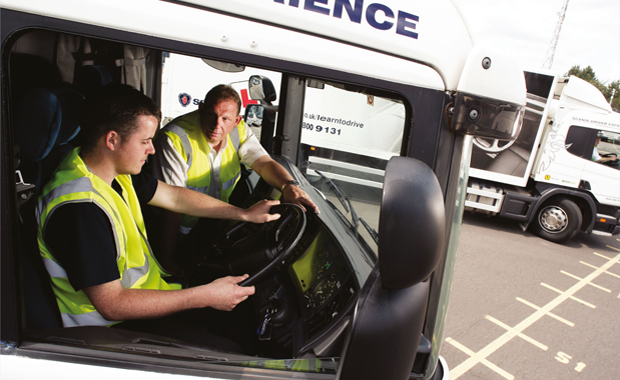DVSA has announced it has made changes to the rules governing Driver Certificate of Professional Competence (CPC) as a result of a recent consultation – but COVID-19 may have already rendered them ‘outdated’.
Following the views expressed by drivers and operators, DVSA said it will now:
- Permit 12 out of the 35 hours of Periodic Training to be undertaken via e-learning
- Permit training programmes that align with drivers’ work, such as dangerous goods
- Offer an exemption for drivers in some industries including agriculture, horticulture, forestry and farming
- Continue to recognise Swiss Driver CPC
DVSA amended the law to allow these changes to come in to force on July 22, 2020.
However, while the industry has broadly welcomed the proposed changes, some training providers said DVSA has left too many questions unanswered and the consultation could now be outdated.
UK independent DCPC training provider FleetSource said the changes were “an important step forward”, but must lead to immediate and transformative action to help fleet operators meet current challenges.
“We appreciate the DVSA launched this consultation just prior to the COVID-19 lockdown, so could not have anticipated the challenges in DCPC delivery during the crisis,” said Fleet Source CEO, Nick Caesari. “But DVSA also now needs to consider the significant technological advances in remote training delivery that have been made in the last few months.
“The published consultation also gives no indication as to how and when the changes will be implemented. Although we welcome 12 of the 35 hours periodic training to be undertaken by e-learning, it begs the question: as seven hours is the current normal course duration, what time variation of this will they permit, for what type of courses and, what do they exactly mean by e-learning?
“I very much hope DVSA takes the opportunity to consider not just this consultation, but also the remote distance learning solutions that have been implemented during the COVID-19 crisis. Our industry faces enormous challenges as we emerge from this crisis and anything which helps fleet operators to meet their training demands cost-effectively and flexibly, must be championed. The DVSA needs to do much more than merely tinker round the edges of the DCPC legislation.”






